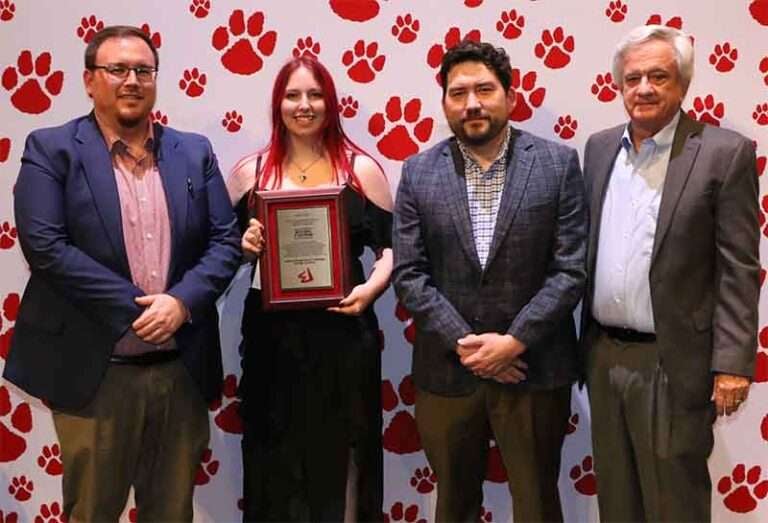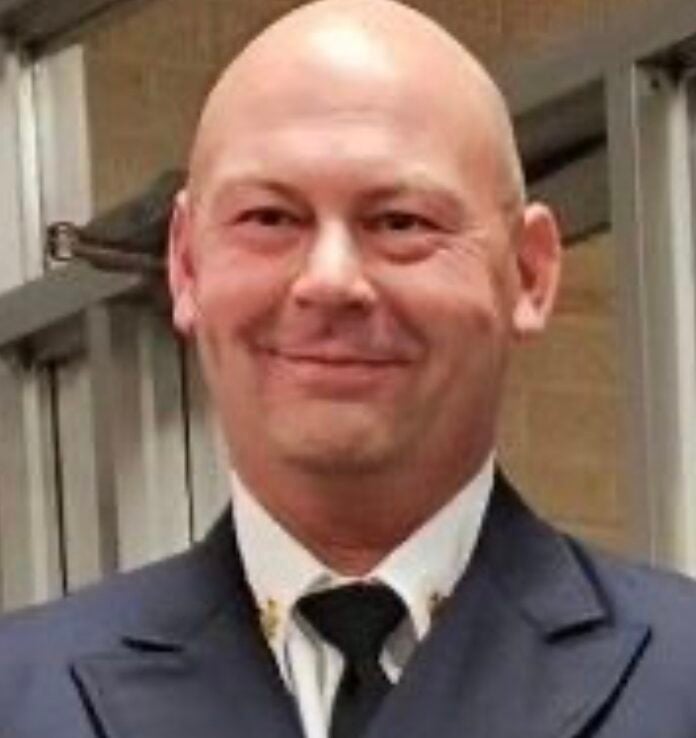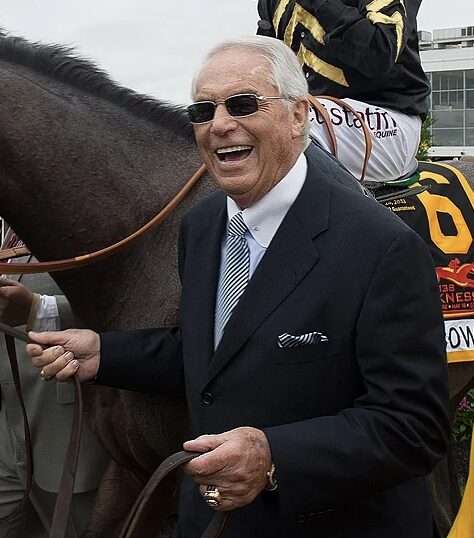Staff report
Ben Dusing and John Gardner have spent three months as humanitarian volunteers in Ukraine and are about to return home for a respite from a country fighting an all-out war with Russian insurgents.
They had thought, given their multiple trips to the war-torn country, that they had experienced all the adventures there were to have — but they were wrong. There were plenty more adventures in store this time around.
“Deep down I knew this trip would be a new chapter,” said Dusing, whom Gardner credits as being the driving force behind the decision to return to Ukraine. “I just didn’t think it would be that intense, honestly.”

Dusing’s Russian language skills (learned when he spent time in Russia during his college days), the pair’s multiple trips to provide humanitarian support, and their acquisition of vehicles to transport food and supplies — and the wounded — have earned them a reputation there.
The two moved their base of operations from Kharkiv, in the east, to Kherson, in the south. Home to a large community of foreign volunteers to which the pair were accepted, Kharkiv represented the known, predictable, and familiar. In Kherson, they were the only full-time resident volunteers operating daily. Foreign humanitarian organizations came and went. The reason became obvious — Kherson was an extraordinarily dangerous place.
The city is located on the right bank of the Dneiper River, which represented essentially the southern “front line” in the Russian-Ukraine war. The Russian military machine was entrenched just across the river, on the left bank. Relentless shelling of the city by the Russians translated to daily deaths and serious injuries throughout the city.
“The shelling is virtually constant in Kherson, and what it’s like to live in an environment like that can’t really be described,” says Gardner. “Frankly, it’s terrifying. And you just have to convince yourself every day that somehow it’s not, so that you can function.”
The pair received an incredible, warm welcome from the locals and deep attachments quickly formed with Ukrainian volunteer partners.
“The people of Kherson gave us the warmest welcome you can imagine and let us know how important it was that we were there with them,” said Dusing. “Our presence there meant that the world cared, and in particular the United States. It made a huge difference and gave the people hope. And that’s the most important thing.”

The pair quickly formed partnerships with locals.
One of those partnerships was with Alyona Pataryiako, 34, who defied the Russians during the city’s occupation and opened a soup kitchen in the city’s Shumenskii district not long after Dusing and Gardner arrived. Dusing and Gardner provided a vehicle for daily hot-meal delivery to those who couldn’t make it to the soup kitchen.
“The people here love Ben sand John, and Ben and John clearly love the people here,” Pataryiako says. “They are an important part of the community here, and they’ve been with us through some of this city’s darkest days. We Ukrainians don’t forget things like that.”
Dusing and Gardner were introduced at a rare formal dinner as “Kherson’s Americans” and Dusing was given a “propusk” (pass) from the administration exempting him from the various restrictions imposed at times, pursuant to the martial law, on movement about the city.
But as dangerous as it was in the beginning — it got even more dangerous.
The long-awaited Ukrainian counteroffensive began in mid-May, with active combat operations occurring in and around the city. The frequency and intensity of the daily shelling spiked dramatically. Forced to relocate to an apartment in a safer location further away from the riverbank “front,” Dusing and Gardner had the experience of being directly in the middle of the daily artillery battles. An occasional errant round landed in their “backyard,” making for several close calls.

Nightly firefights along the riverbank also became common. Worst of all was the nighttime rocket barrages. As heavy ordnance reigned down on their neighborhood, the blasts shook their building’s foundation and the shockwaves rattled the windows.
But things would get worse. On June 6, the Russians blew up the Nova Kharkova dam, located several hundred kilometers upriver. The result was a catastrophic flooding of the entire region — the biggest man-made ecological disaster in generations. It dealt a backbreaking blow to the local populace and a whole separate humanitarian disaster overlaid the already-very-serious existing ones.
Parts of Kherson and its surrounding villages would be flooded in a matter of hours. Pressed into service by the local administration, Dusing and Gardner were tasked with evacuating the non-ambulatory from the areas in the city. Teamed with their local Ukrainian volunteer friends, they raced against time — and braved the dangerous, surging flood waters — to get those who would be drowned to safety.
In the days after the flooding, when the new rivers and streams that had popped up overnight cut off nearby villages and isolated parts of the city itself, Dusing managed to commandeer a small, motorized raft to ferry humanitarian aid, hot meals from the soup kitchen, and local residents themselves across mine-laden bodies of waters. The flood destroyed the homes of thousands of local residents.

Lacking other experienced foreign volunteers, Dusing and Gardner were called into action. In one example, they responded to the scene at the local train station struck by a Russian missile. Gardner transported family members from the grisly scene to the local hospital. Dusing was enlisted for on-site work, walking amongst dead bodies and severed body parts before being asked to provide what assistance he could to a shell-shocked grandmother sitting on a nearby park bench covered in blood and missing most of her upper lip.
Next-level danger was every day and scary moments could come at any time, and in any place.
One day, while preparing for a local mission, Garder’s vehicle was hit by shrapnel, shattering the windshield. And, often, both Dusing and Gardner were forced to “hit the deck” upon hearing the blood-curling “whoosh” of incoming shells.
Both recognize that they have experienced real trauma and have been affected by it. Dusing, in particular, recognizes the toll the incessant shelling and peril has taken on him.
“But I endured only two months of it,” he said. “The people of Kherson endured nine months of a brutal occupation and now six months, and counting, of living under those kinds of conditions. It breaks my heart. You can’t live like that. It changes you.”
Both Dusing and Gardner say they are are committed to the humanitarian effort for as long as it takes. They are already planning their next trip and expect to return to Kherson.
Both say it feels like a “second home.”
“Kherson is special to me and the people of Kherson are my heroes,” Dusing says. “I tell them that. And it’s true. I love that place, and John does too. In Ukraine, Kherson is our new home.”


















Ben Dusing, the scammer. The narcissist EVERYONE on the ground knows doesn’t do half of what he claims. The guy who exploits others for his own benefit and image.
Yeah, that’s Dusing. A disgrace and kicked out of every volunteer group in the country.
About this ‘lifting restrictions’? Bullshit.
He is not a hero. He is a danger to Ukraine.